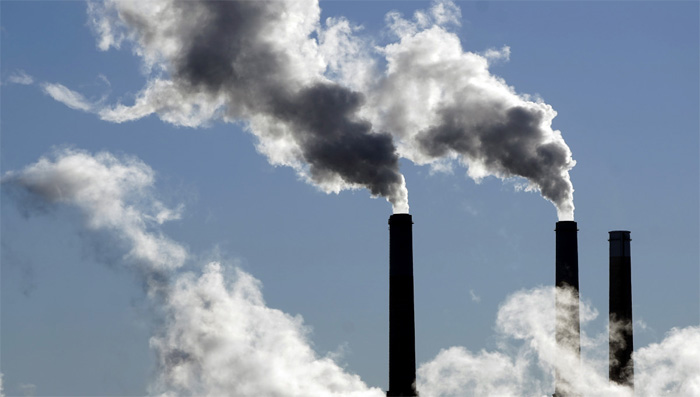What the Inflation Reduction Act will do to combat climate change
Author: Ben Adler
The Inflation Reduction Act (IRA) passed by the Senate over the weekend will pursue an extremely wide and varied array of strategies intended to combat climate change. The $369 billion in climate-related spending over 10 years targets five areas: consumer clean energy costs, decarbonizing various sectors of the economy, domestic clean energy manufacturing, environmental justice, and agriculture and land use. Taken together, these programs would help the U.S. reduce its greenhouse gas emissions by 40% from 2005 levels by 2030, and would save an estimated 3,700 to 3,900 lives per year thanks to cleaner air from a reduction in burning fossil fuels. This approach represents a break from many past congressional proposals designed to reduce the greenhouse gas emissions that cause global warming, most of which proposed using a singular, overarching policy, such as taxing emissions or requiring tradable permits for emissions.

